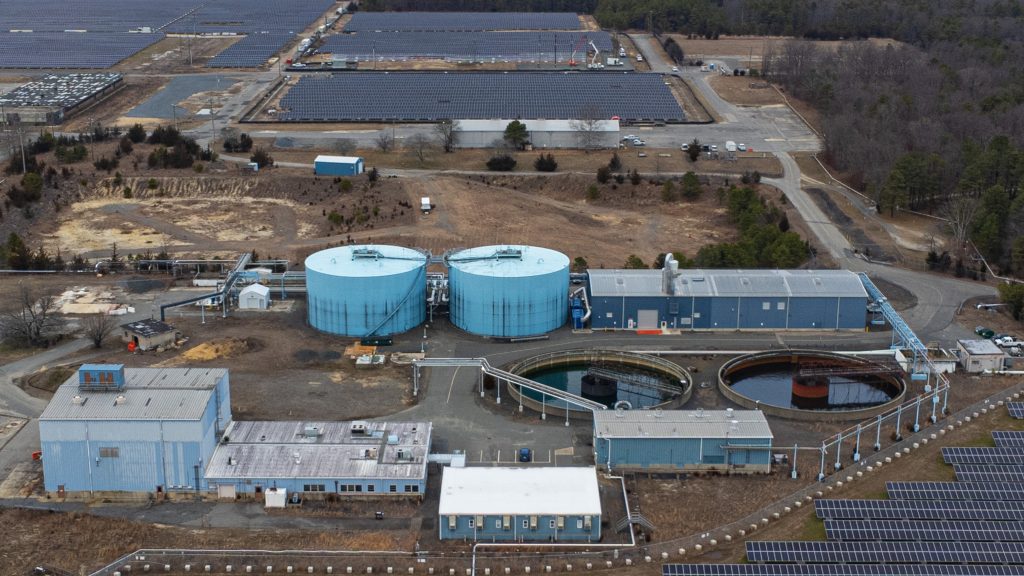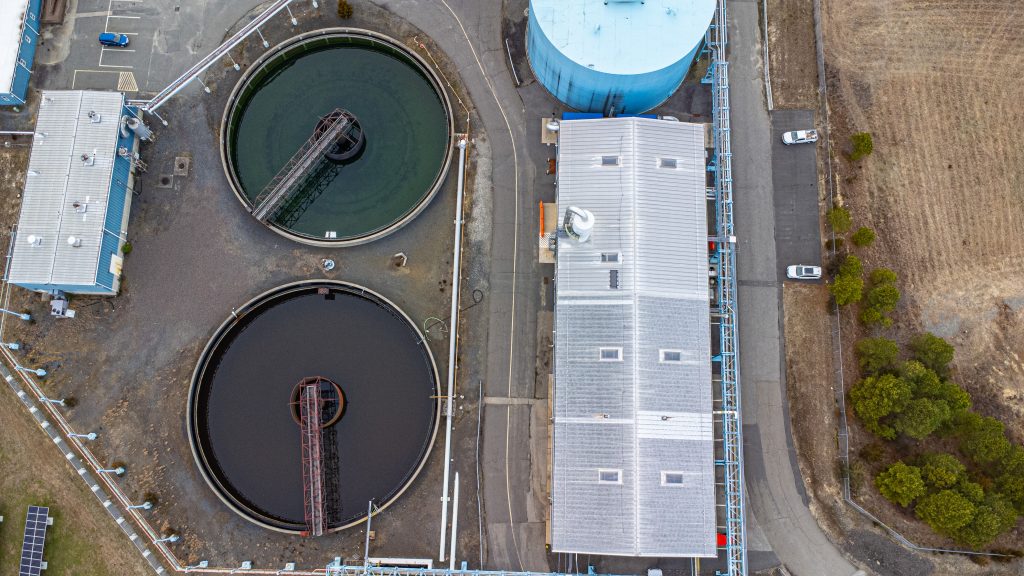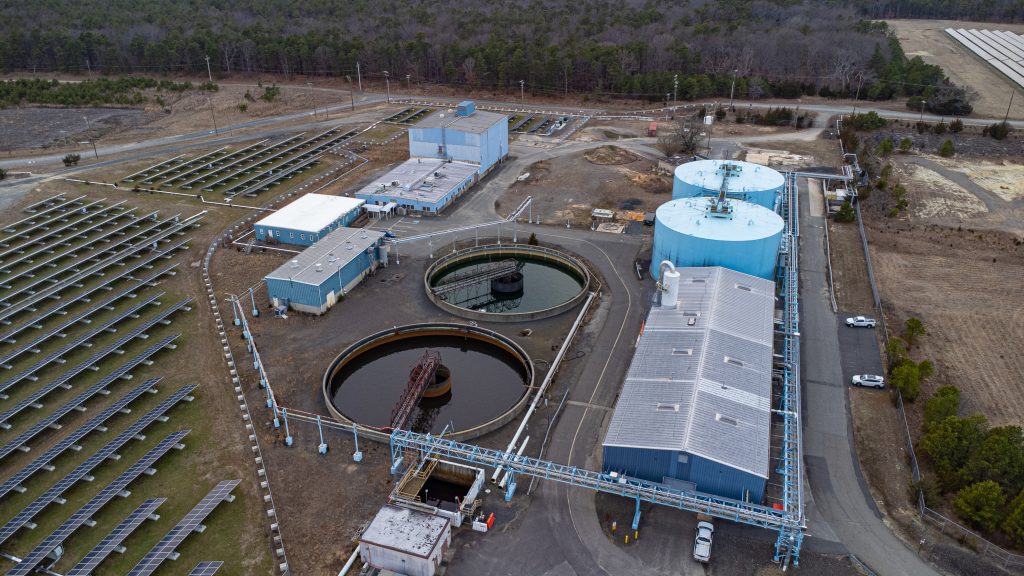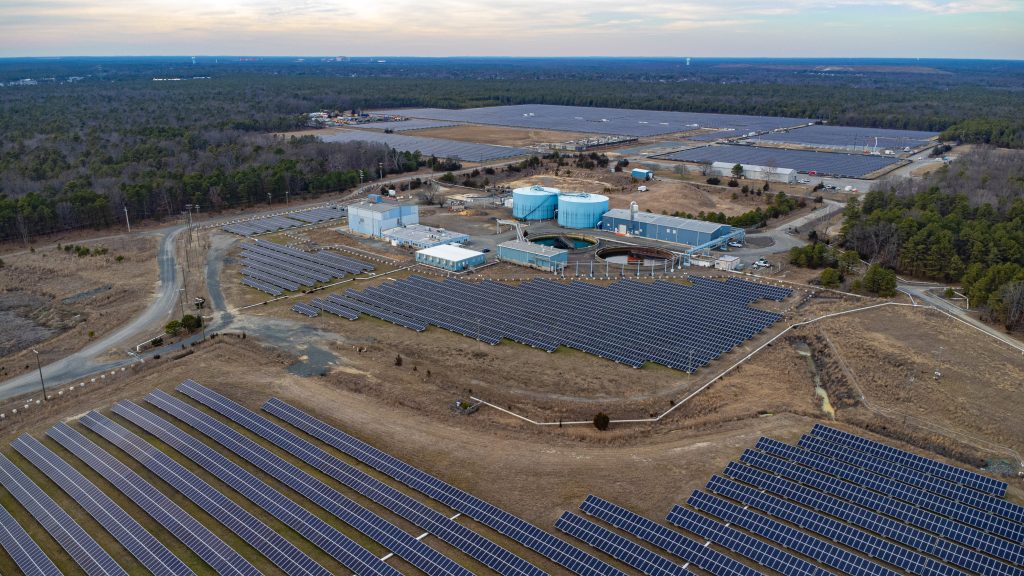New Jersey environmental officials have reversed their position on holding a public information session on a proposed settlement with a German chemical conglomerate to avoid litigation over the former Ciba-Geigy Superfund site in Toms River.
(A close-up tour of the remaining plant property can be seen in the embedded video above.)
The state Department of Environmental Protection announced its plans to enter into a settlement with BASF, based in Ludwigshafen, Germany, in December. The announcement instantly drew criticism after it was revealed that the settlement would provide no compensation for victims, BASF would keep 250 acres of the site that could be developed for profit, a public comment period would last for 30 days rather than the traditional 60, and no public forums would be held. The remaining 1,000 acres of the site would be placed under a conservation easement and gradually developed into a public park.
|
|
Drawing particular ire was the fact that the settlement was drawn up without the consultation of local officials. Save Barnegat Bay, a local environmental advocacy group, organized its own public information session last month.
The DEP, which dispatched a number of officials to the Save Barnegat Bay meeting, has since changed course. A public comment period, in which statements can be submitted in writing to the agency, has been extended to April 5, 2023. Further, the DEP has now scheduled its own public information session for Monday, March 13 at Toms River High School North, to be held at 6 p.m.
Announcing its “public engagement session,” the DEP said in a statement that the event will “provide the public with additional information and take questions regarding the assessment, and proposed restoration, of injured natural resources related to the former Ciba-Geigy chemical plant site in Toms River.”
The announcement came “due to strong public interest” in the matter. At the Save Barnegat Bay forum, local residents blasted the settlement proposal, with some sharing emotional accounts of loved ones dying from cancer and other conditions they believe were linked to the contaminated soil and water in and around what was a major dye plant.
“We hope that this extension of the comment period and opportunity for direct engagement with DEP officials will provide members of the public with additional opportunities to learn more about the assessment and proposed restoration of injured natural resources, and to ask questions about the proposed settlement,” said DEP Deputy Commissioner Sean D. Moriarty.
Though BASF never operated the site directly, the company acquired the Ciba-Geigy property while cleanup activities under the supervision of the U.S. Environmental Protection Agency were ongoing. BASF will continue to be held responsible for the long-term remediation of the site and “to ensure remedial measures remain protective of human health and the environment,” the DEP said.

Advertisement

Police, Fire & Courts
Grand Jury Indicts Point Pleasant Man, Once a Fugitive, for Attempted Murder












